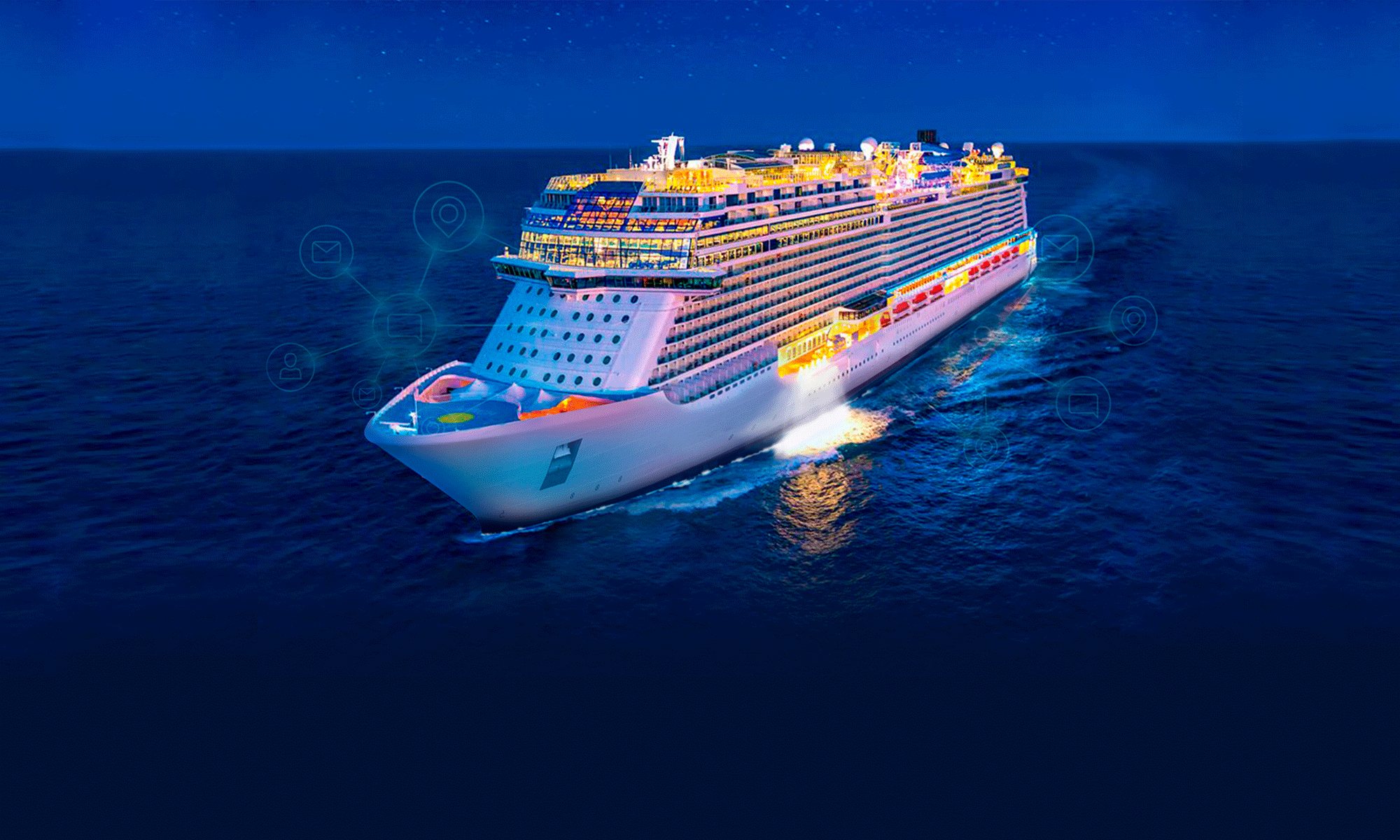We all remember that infamous March in 2020 when cruise liners started returning to their ports with alerts of possible massive Covid-19 infections. By that time, in the United States, the Centers for Disease Control and Prevention issued a no-sail order for cruises. It was a red flag for tourism, but at that time, any type of tourism was just completely impossible.
We are now two years into the global Covid-19 pandemic and, so far, tourists have a lot of questions regarding which type of vacation to choose to be as safe as possible. The demand for cruises is spiking again and probably reaching the number of tourists that used to cruise before the pandemic, about 20 million passengers each year. Word of mouth is starting to promote cruising as safer than any other type of vacation, and so we decided to dig deeper into the topic of cruise safety so that people can make informed decisions.
Cruising Can Be Safe
The biggest argument for spreading the affirmation that cruising is safer than other types of vacations is that it is a controlled environment. A cruise is an enclosed place where those who entered for the first time are the same people who get down off the boat once the cruise is over. If all passengers use security measures like getting fully vaccinated and boosted before travel, wearing masks, keeping physical distance, and choosing the outdoors, a cruise vacation can be safe.
This enclosed environment differs completely from other kinds of vacations, like hotels or restaurants where people come from very different places and countries, and it’s difficult to have thorough control.
Furthermore, it’s important to remember that the cruising industry is gigantic. People who are behind the onboard security have worked much longer than the duration of the pandemic in procuring all measures to keep passengers completely safe. Every aspect of cruising is heavily regulated and monitored under maritime law. Therefore, it’s completely natural that today, with the Covid-19 crisis, cruising companies are taking new measures so everyone boarding their boats travel safely.
The flaw of the enclosed environment comes from cruises that stop in different ports and that usually allow passengers to explore towns or natural places. But, new measures taken by some companies minimize or eliminate any opportunity for travelers to interact with local communities, reducing exposure for passengers and local people.
Moreover, cruise companies have increased their medical support on ships, this measure can include infection officers, medical staff, quarantined rooms for sick passengers that have separated ventilation from other cabins, and agreements with hospitals and hotels in their route in case a passenger needs to recover off-ship.
But, Cruising Isn’t Flawless…
Cruising means that passengers will be exposed to a lot of people—hundreds or even thousands—during a much longer time than in an airplane or a hotel. This goes against recommendations to stay safe from Covid-19. The longer people are exposed to a possible case, the more infectious possibilities they attain.
So, is cruising safer than other types of vacations is not a yes or no question. It depends on how each cruise line approaches coronavirus, the rules they impose, and the control they have. To make this type of tourism safe, it’s necessary to implement a surveillance system that includes good on-ship communication and that can help act cruises promptly to any alert.
all cruise measures can provide major control over Covid-19 to an extent that simply is not possible with other types of vacations. Nevertheless, in the end, only tourists can make their choice on how they spend their free time, but all tourist attractions have the responsibility to establish safety measures, and from what we have seen, cruises, in general, are making huge efforts.
To read more about how cruise liners can keep you safe, check out our shipboard passenger & crew health monitoring feature.
